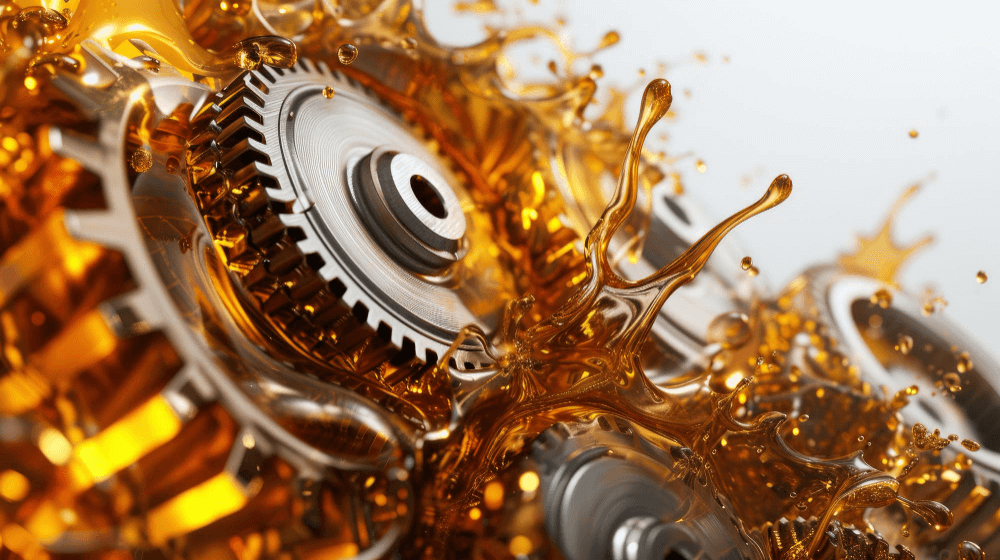Discover the essentials of a world-class lubrication program and learn how structured methodologies and advanced technologies enhance machinery efficiency and reliability.

In the competitive landscape of industrial manufacturing, maintaining the reliability and efficiency of machinery is paramount. Lubrication plays a critical role in ensuring that equipment runs smoothly, reducing downtime, and minimizing maintenance costs. Based on an article from Machinery Lubrication, this blog post delves into the key elements of lubrication strategy and how it can serve as a model for other industries aiming to enhance their operational efficiency.
The Foundation of a Successful Lubrication Program
An effective approach to lubrication is grounded in a structured and systematic methodology. Recognizing the importance of proper lubrication early on, companies can develop programs that integrate best practices, rigorous training, and continuous improvement. Key aspects of a successful lubrication program include:
Centralized Lubrication Team: Establishing a dedicated lubrication team responsible for overseeing all lubrication-related activities is crucial. This team ensures the consistency and quality of lubrication practices across all facilities.
Standardized Procedures: Developing standardized procedures for lubrication tasks is essential. This includes detailed instructions on the type of lubricants to use, the application methods, and the frequency of lubrication. These procedures should be meticulously documented and regularly updated based on the latest industry standards and technological advancements.
Comprehensive Training: Placing a strong emphasis on training personnel is vital. Regular training sessions keep the team updated on the latest lubrication techniques and technologies, ensuring all staff members are well-equipped to handle lubrication tasks efficiently.
Advanced Lubrication Technology: The use of advanced lubrication technologies is a hallmark of an effective program. Employing state-of-the-art tools and equipment for lubrication tasks ensures precision and effectiveness. This includes automated lubrication systems that provide consistent and accurate lubricant application, reducing the risk of human error.
Benefits of an Effective Lubrication Program
A commitment to excellence in lubrication yields significant benefits. Some of the key advantages observed include:
Improved Equipment Reliability: Proper lubrication ensures that machinery operates smoothly, reducing wear and tear. This leads to increased equipment reliability and a reduction in unexpected breakdowns.
Extended Equipment Lifespan: By minimizing friction and wear, effective lubrication extends the lifespan of equipment. This translates to lower capital expenditures as equipment does not need to be replaced as frequently.
Reduced Maintenance Costs: A well-lubricated machine requires less frequent maintenance. This not only reduces maintenance costs but also minimizes downtime, enhancing overall productivity.
Enhanced Safety: Proper lubrication reduces the risk of equipment failure, which can lead to accidents and safety hazards. A robust lubrication program contributes to a safer working environment by ensuring that machinery operates reliably.
Implementing a Successful Lubrication Program
For organizations looking to achieve success in lubrication, several key steps can be taken:
Establish a Dedicated Team: Forming a centralized lubrication team ensures that lubrication practices are consistent and well-managed.
Develop Standardized Procedures: Documenting and standardizing lubrication procedures helps maintain consistency and quality.
Invest in Training: Regular training sessions for personnel ensure they are updated on the latest techniques and technologies.
Leverage Advanced Technology: Utilizing advanced lubrication tools and automated systems enhances the precision and effectiveness of lubrication tasks.
Continuous Improvement: Regularly reviewing and updating lubrication practices based on the latest industry standards and technological advancements is crucial.
Conclusion
An exemplary lubrication program underscores the importance of structured, systematic approaches to machinery maintenance. By implementing standardized procedures, investing in advanced technology, and prioritizing training, companies can significantly enhance operational efficiency and equipment reliability. Organizations across various industries can learn from this model to improve their own lubrication practices and achieve similar benefits.
At CRE Philippines, we understand the critical role that effective lubrication management plays in maintaining machinery performance and reliability. We offer comprehensive Lubrication Program Development services to help you build and maintain a world-class lubrication program. Our experts will work with you to develop customized solutions that meet your specific needs and operational goals.
Effective lubrication not only enhances machinery performance but also contributes to overall operational efficiency and safety. Contact us today to learn more about how our lubrication solutions can help you achieve peak performance and reliability.


